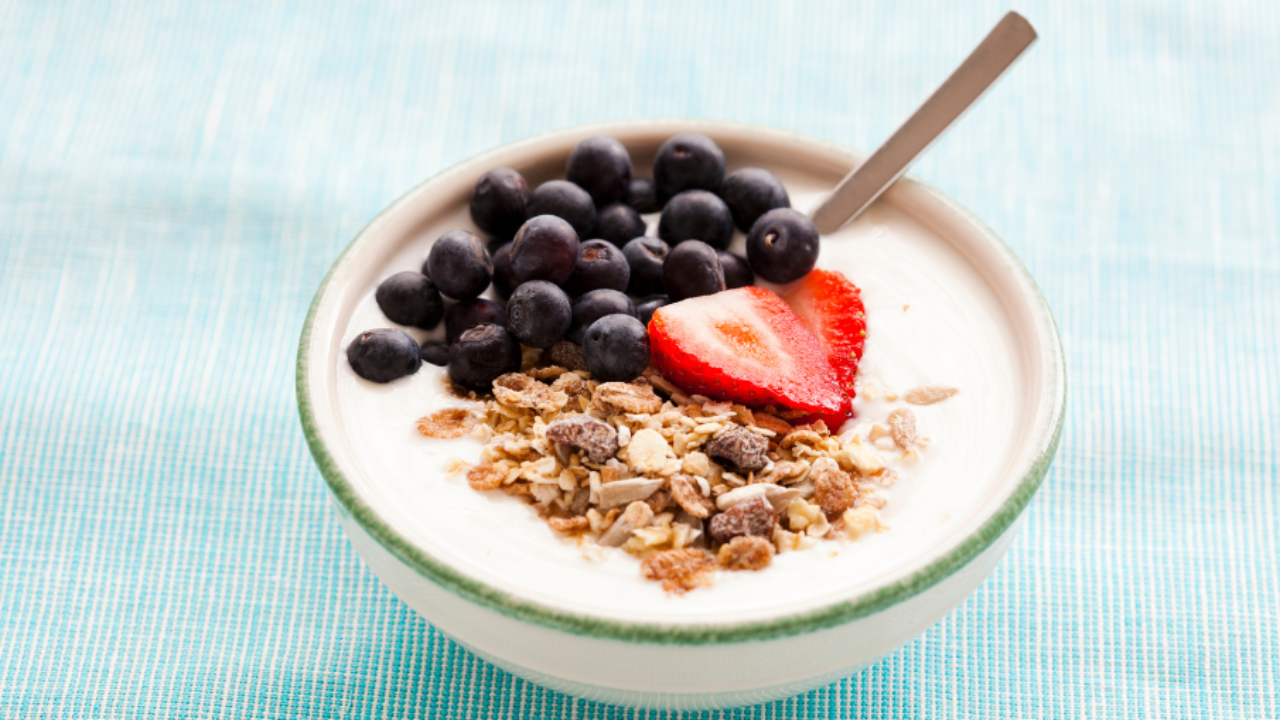Gut Health Without the Overwhelm: What Actually Matters
Aug 29, 2025
Let’s be real — the internet has a lot to say about gut health. One minute, it’s “cut gluten and dairy!” and the next it’s “take this $80 probiotic for glowing skin!” It’s exhausting, confusing, and honestly? Often unnecessary.
I work with a range of clients — from parents of fussy eaters to adults wanting to feel more in control of their eating, energy and gut. So I want to cut through the noise and tell you what actually matters when it comes to gut health. No fads, no fear-mongering, just practical advice that works.
💨 First things first: Not all bloating is “bad”
Yes, bloating gets a bad rap — but here’s the thing: some bloating is normal. Our guts are busy places. They break down food, move it along, and (yep) create gas along the way. It’s when bloating becomes painful, excessive, or comes with changes in bowel habits that it might need a closer look.
Before you jump to “I must be intolerant to something,” look at your fibre intake, your fluid levels, your stress, and even your period if you menstruate — these can all play a part.
🌾 Gut Basics: Fibre, Fluid, Movement, and Diversity
If there’s one thing your gut loves, it’s consistency and variety. Let's break it down.
🧃 Fibre
There are three main types of fibre: soluble, insoluble, and resistant starch.
-
Soluble fibre (think oats, legumes, psyllium) helps bulk and form your stool — super helpful if your poos are all over the place.
-
Insoluble fibre (like whole grains and veggie skins) helps create a smooth gel-like coating that acts as a slide for your stool to move through easily.
-
Resistant starch (found in cooked-and-cooled potatoes, unripe bananas, legumes) not only helps with stool formation but also acts as a prebiotic — aka food for your good gut bugs.
💧 Fluid
No fibre can do its job without water. If you're upping your fibre, you have to increase your fluid too — otherwise, you'll end up more blocked than before.
🚶 Movement
Exercise helps stimulate gut motility — which is a fancy way of saying it gets things moving. Even a short walk after meals can help.
🌈 Diversity
The more variety of plants in your diet, the more diverse your gut microbiome — and that’s a good thing. Aim for 30 different plant foods a week (yes, herbs and spices count!).
💊 Probiotics: Useful or Just Expensive Hype?
Probiotics can be helpful — especially after antibiotics or during periods of gut disruption — but only if they’re the right strain, taken consistently, and (this is the kicker) supported by the right diet.
If you’re taking probiotics but not eating enough prebiotics (aka plant foods, wholegrains, fruits, and veggies), you’re basically paying to keep bacteria alive… and then starving them.
Bottom line: probiotics aren't magic pills. Use them wisely and with guidance.
🧠 The Gut-Brain Connection
Your gut and brain are in constant communication via the gut-brain axis. It’s why stress can give you the runs, or anxiety can make you feel nauseous. But it’s also why a poor diet can negatively impact your mental health.
Research shows that a poorly diversified gut microbiome (often the result of a restricted diet) can increase your risk or worsen symptoms of mental health conditions like anxiety and depression.
So working on gut health isn’t just about digestion — it’s also about mood, energy, and resilience.
🔑 3 Simple Changes to Start Today
Want to support your gut without overhauling your whole life? Start with these:
-
Add fermented foods – like yoghurt with live cultures, kefir, kimchi, sauerkraut or tempeh.
-
Eat the rainbow – challenge yourself to get as many colours on your plate as you can each day.
-
Choose wholegrains – swap white rice for brown, try wholemeal bread or rolled oats.
Final Thoughts
You don’t need to be perfect to have a healthy gut — you just need to be consistent and curious. Listen to your body, add in what you’re missing before you start taking things away, and if something feels off, reach out for support.
And if you're navigating gut issues alongside fussy eating, restrictive patterns, or weight concerns — you're not alone. I’m here to help you find a realistic way forward.
Stay connected with news and updates!
Get expert tips, practical resources, and supportive advice for everything from fussy eating and ARFID to building a healthy relationship with food, managing weight, and fuelling your body with confidence. Subscribe now to get exclusive content delivered straight to your inbox.
We hate SPAM. We will never sell your information, for any reason.

